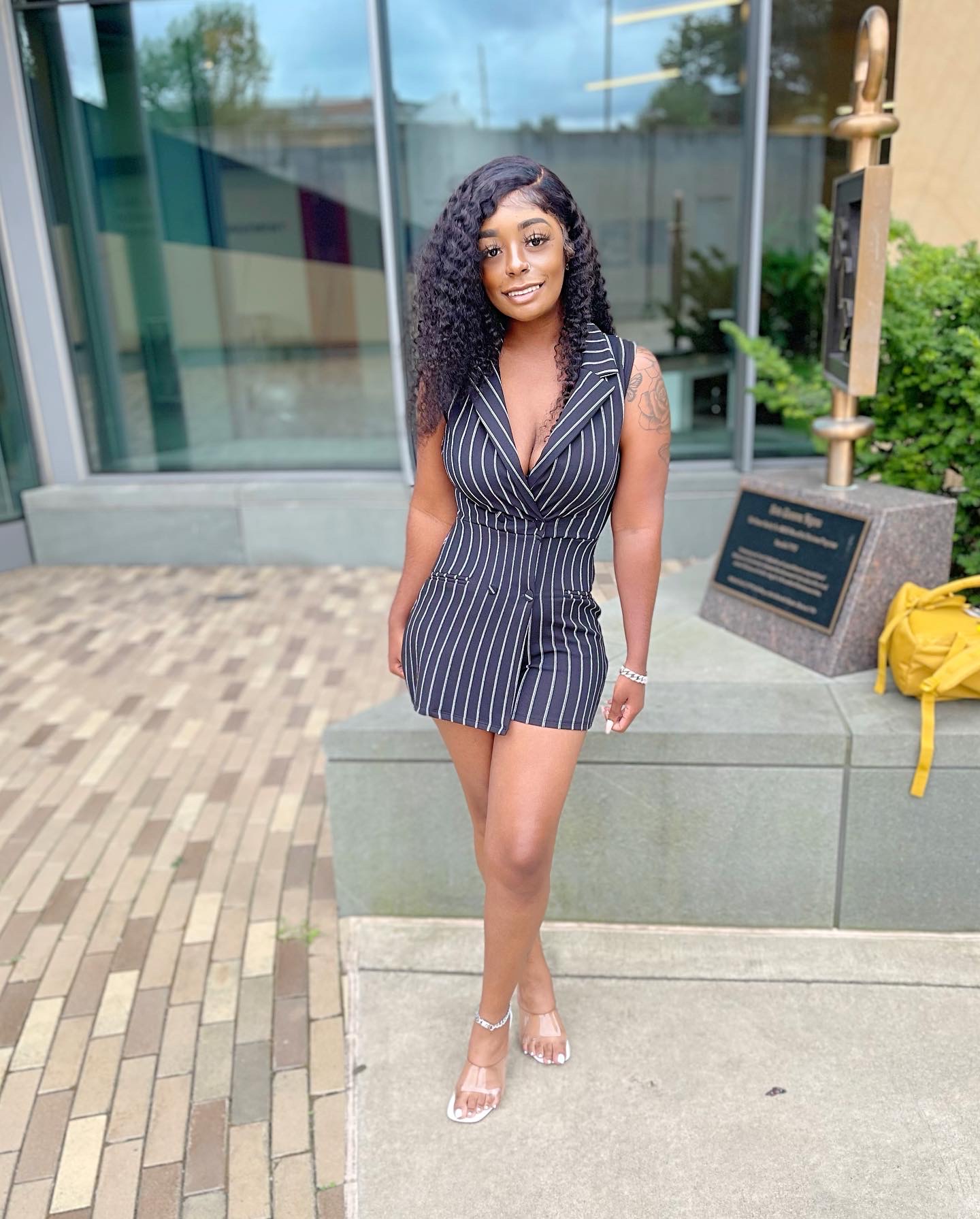We caught up with the brilliant and insightful Denise Haney a few weeks ago and have shared our conversation below.
Denise, looking forward to hearing all of your stories today. We love heartwarming stories – do you have a heartwarming story from your career to share?
One of the most meaningful moments of my journey came not at graduation, but in the quiet, difficult nights that led up to it. As a single mother from a poor urban community, I faced challenge after challenge while pursuing my undergraduate degree in social work. There was no backup plan, no safety net, no family assistance—just me, my son, and a dream.
While working full-time as a mobile phlebotomist, I juggled early mornings, late nights, and long drives across Maryland drawing blood for clients. In between, I was also fulfilling a mandatory internship, attending classes, completing assignments, and showing up for my son’s extracurriculars—all while making sure he felt loved, cared for, and never forgotten in my pursuit of a better life for us both.
At the same time, I found myself stepping into a leadership role within my own family—navigating generational trauma and mental health issues that often made my own healing feel secondary. But even in those hard moments, I kept moving forward.
Against all odds, I graduated with honors. And now, I’m continuing my education at the University of Maryland in the one-year Advanced Standing MSW program, specializing in mental health. Today, I’m a student advocate, a case manager, a content creator, and a full-time graduate student—using every part of my story to encourage and uplift others who feel like their circumstances are too heavy to carry with their dreams.
The struggle was real. But so was my determination. I didn’t just survive—I’m thriving.
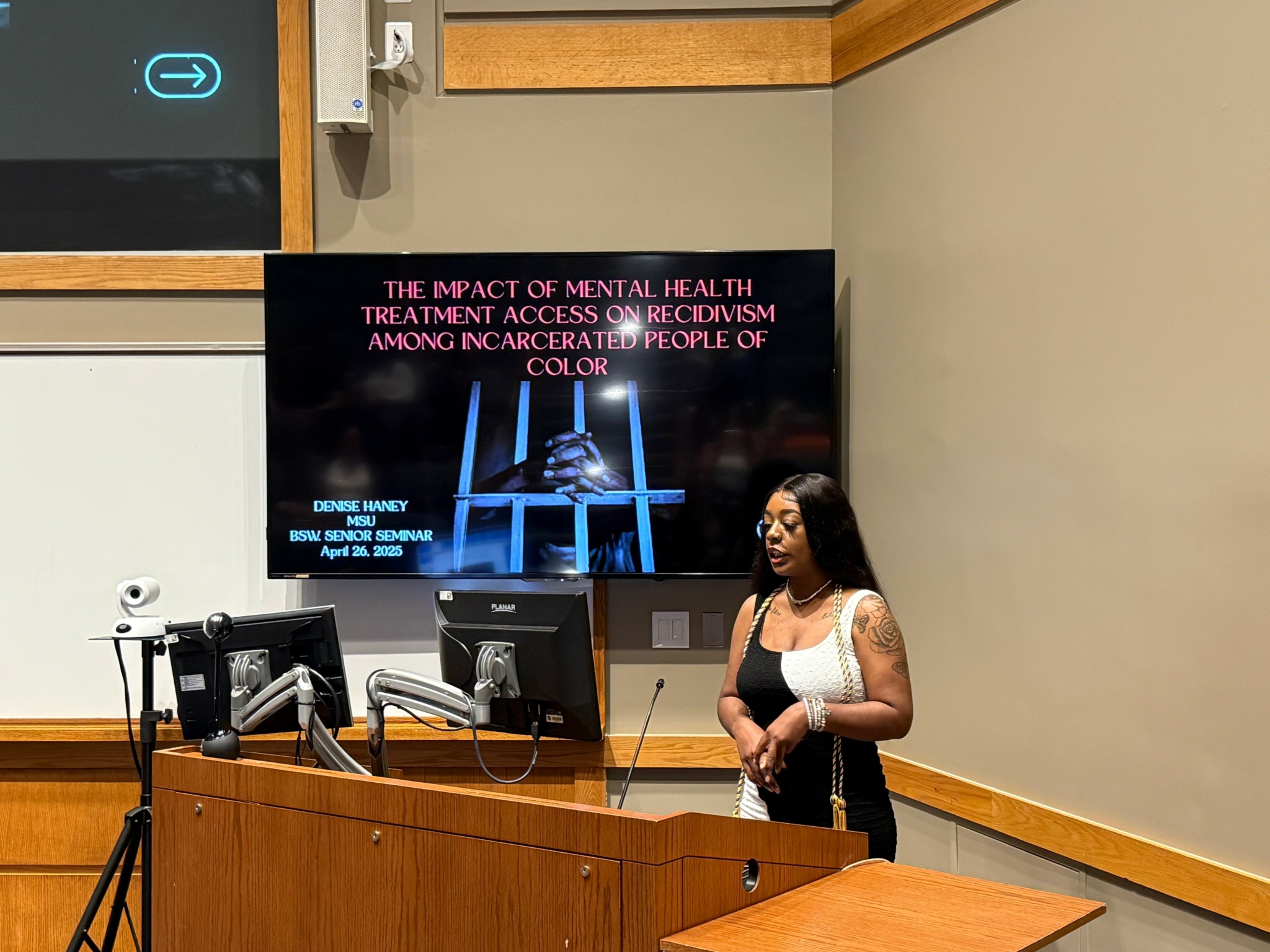

Awesome – so before we get into the rest of our questions, can you briefly introduce yourself to our readers.
My name is Denise Haney, many call me Niecy Leighann, (Leighann is my middle name),I am a 27 year old and I wear many hats—student advocate, forensic social worker-in-training, case manager, content creator, and most importantly, a mother. I come from a background that many people count out—raised in a low-income, urban community, with limited support and resources. But instead of letting those challenges define me, I used them as fuel to pursue a career built on purpose, passion, and helping others overcome the very barriers I had to push through myself.
I earned my undergraduate degree in social work as a single mom, working full-time as a mobile phlebotomist while managing an internship, school, and my son’s extracurricular activities. I graduated with honors and am now enrolled in the University of Maryland’s one-year Advanced Standing Master of Social Work program. My specialization is clinical mental health with a macro support focus—because I believe individual healing and systemic change go hand-in-hand.
My professional focus is forensic social work, a discipline that blends mental health, legal systems, and advocacy. Forensic social workers provide support and assessments for justice-involved individuals—whether they’re incarcerated, awaiting trial, reentering the community, or living with serious mental health disorders. We step in where the justice system often fails—offering human-centered care in environments that are not built for healing.
In my role as a case manager, I connect clients to critical resources—mental health care, housing, substance use treatment, employment services, benefits, and more. I specialize in helping vulnerable populations, especially those with criminal records, unstable housing, or untreated trauma.
What sets me apart is my lived experience, my relentless work ethic, and my ability to bridge the gap between systems and people. I don’t just check boxes—I advocate, uplift, and walk with clients through their journey from surviving to thriving.
I also create content for students—especially non-traditional students like myself who are balancing school, parenthood, and full-time work. I share raw, real-life insights about financial aid, internships, burnout, and the emotional toll of chasing a degree while raising a child alone. My goal is to be the voice I wish I had when I started college at 23 with a toddler and no roadmap.
Outside of academics, I do content creation for others—helping small brands, individuals, and organizations craft digital visuals, social media posts, and meaningful messages. I also create sports content and highlight reels for my son’s football team, supporting youth visibility in our community and building a platform for young athletes who deserve to be seen.
Whether I’m working one-on-one with a client coming home from prison, mentoring a student parent, or editing a video for someone’s brand launch—I am in the business of empowerment. I solve real-world problems by connecting people to what they need: services, support, and hope. I stand for second chances, mental health advocacy, and truth-telling in systems that are often silencing.
I’m proud of everything I’ve accomplished—but most of all, I’m proud that I never gave up. I’m proud of the single mother who cried at night and still turned in her papers on time. I’m proud of the first-gen student who didn’t let fear stop her. I’m proud of the little boy who watched his mom hustle and now knows what resilience looks like.
If you follow me, work with me, or cross paths with my brand—know this: I’m not here for perfection. I’m here for purpose. I’m here for the ones who were overlooked, underestimated, or told to settle. My work is rooted in advocacy, creativity, and truth. I help people rise—even when life has knocked them down more times than they can count.
If you’re ready to heal, grow, learn, or build—whether you’re a student, a returning citizen, a content creator, or a young athlete—I got you.
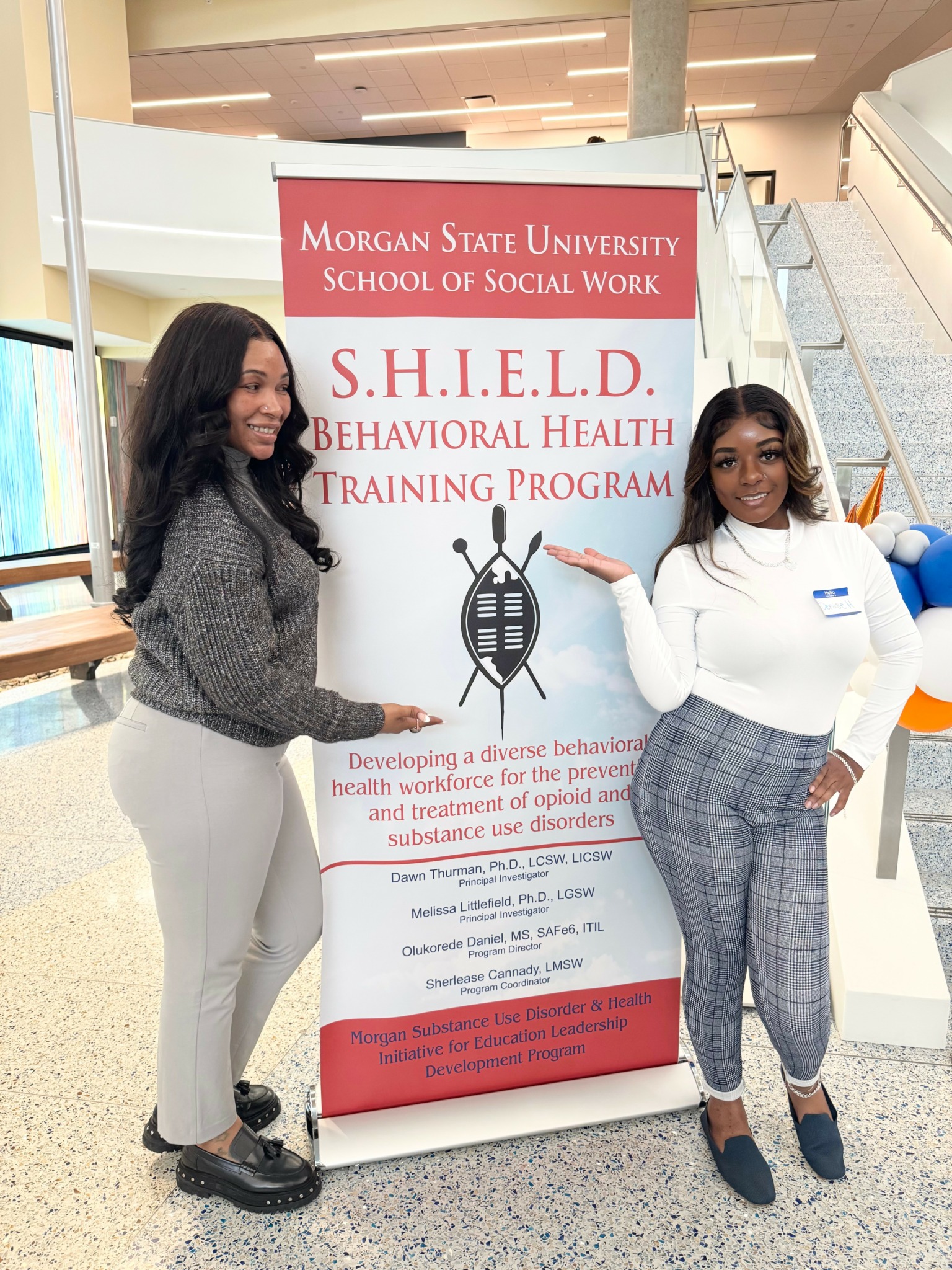
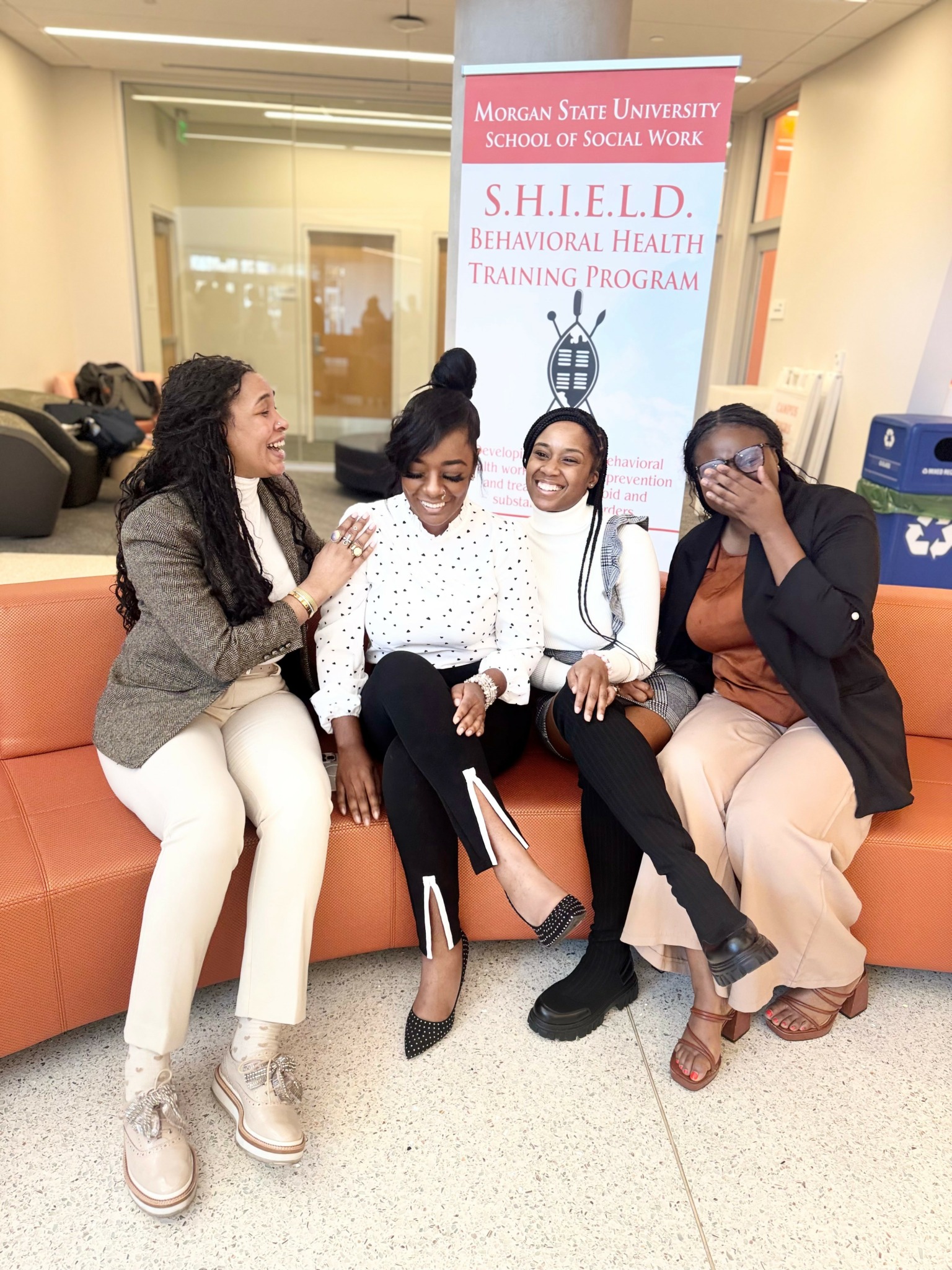
We often hear about learning lessons – but just as important is unlearning lessons. Have you ever had to unlearn a lesson?
I had to unlearn the belief that I was destined to be a product of my environment.
Growing up in a low-income, urban community where poverty, broken homes, violence, and unaddressed mental health struggles were the norm, it was easy to internalize the idea that I would never rise above it. I was surrounded by survival—not success. I watched people I loved give up on their dreams because life kept hitting them too hard. And for a long time, I believed that would be my story too.
The backstory? I became a mom young, with no real guidance or resources. I was working jobs I didn’t love just to make ends meet, and at times, I felt stuck—like I was repeating the same generational cycles I swore I’d break. There were moments when I looked around and thought, “Maybe this is just it for me.” That mindset had me playing small, doubting my worth, and settling in relationships, jobs, and environments that didn’t align with my purpose.
But God had other plans.
The more I stepped into my calling—through school, through motherhood, through advocacy—I realized I wasn’t created to be a reflection of my surroundings. I was built to rise above them. I had to rewire my mindset: I am not a statistic. I am not stuck. I am not my zip code. I had to stop letting where I came from dictate where I was going.
Now, I’m earning my master’s in social work, creating content to help others overcome their educational and life obstacles, working in spaces where I can advocate for incarcerated individuals, and showing my son what breaking cycles really looks like. I didn’t just unlearn the lie—I replaced it with truth: I am a product of God’s grace, not my environment.
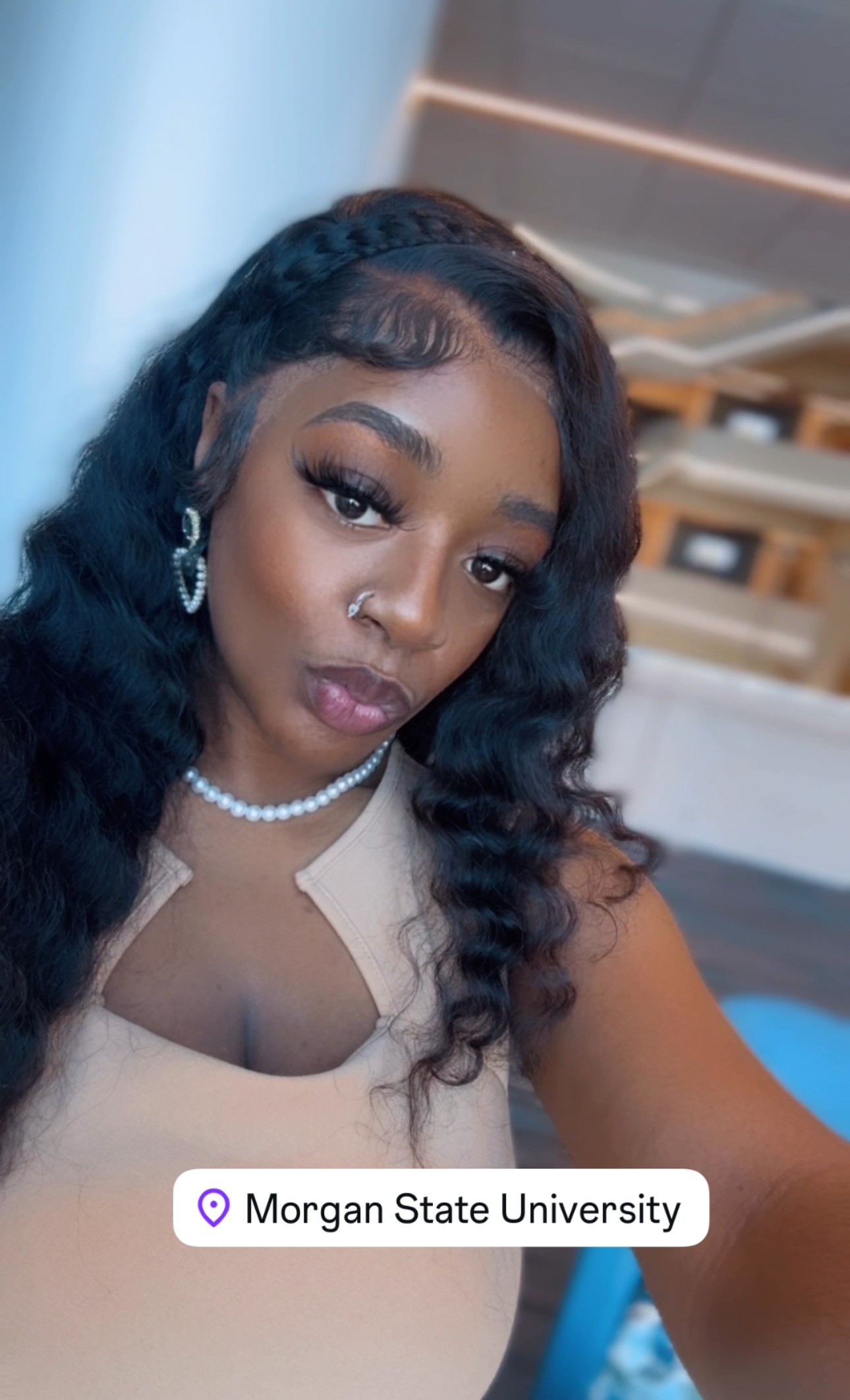
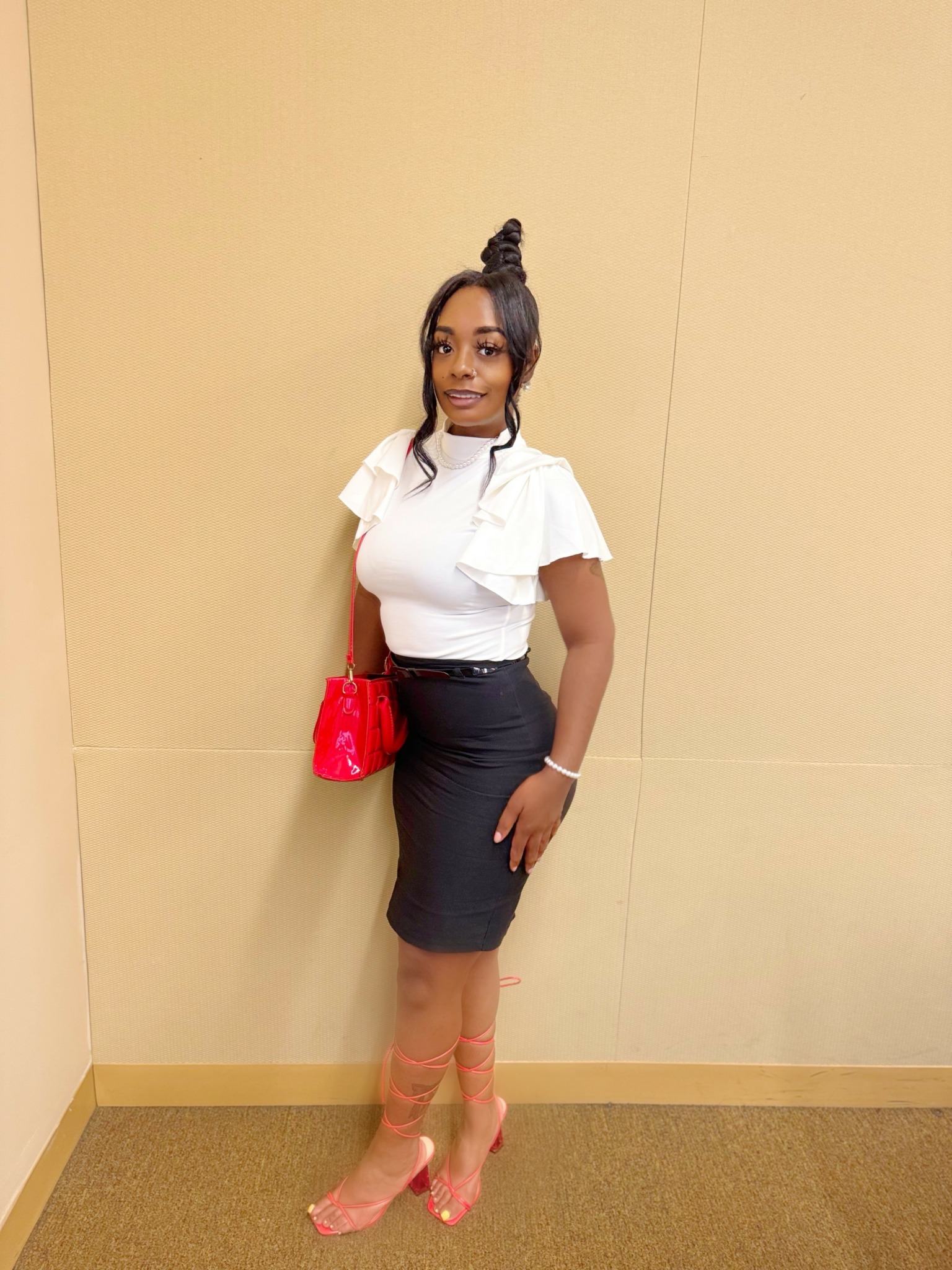
Training and knowledge matter of course, but beyond that what do you think matters most in terms of succeeding in your field?
Other than training and knowledge, empathy, resilience, and lived experience are the most helpful tools for succeeding in my field.
In social work—especially forensic social work—you’re often serving people society has overlooked or given up on. Textbooks can teach you theory, but it’s compassion and emotional intelligence that help you connect with clients on a human level. You have to be able to listen without judgment, advocate fiercely, and show up consistently, even when things are messy and complicated.
Resilience is also key. This work is heavy—especially when you’re helping incarcerated individuals, people with mental health challenges, or clients battling systems that weren’t designed to support them. There are days when the weight of other people’s trauma can feel overwhelming. Having personal resilience helps you stay grounded, avoid burnout, and continue doing the work with purpose.
Lastly, I believe lived experience is an underrated but powerful asset. As someone who came from a low-income community, worked full-time while in school, and raised a child on my own, I bring a level of understanding and relatability that can’t be taught. People trust you more when they know you’ve been there. It’s not just about credentials—it’s about being real, being reachable, and using your own journey to empower someone else’s.
Success in this field isn’t just about what you know—it’s about how you serve, how you lead, and how well you carry both compassion and conviction.
Contact Info:
- Instagram: NiecyLeighann
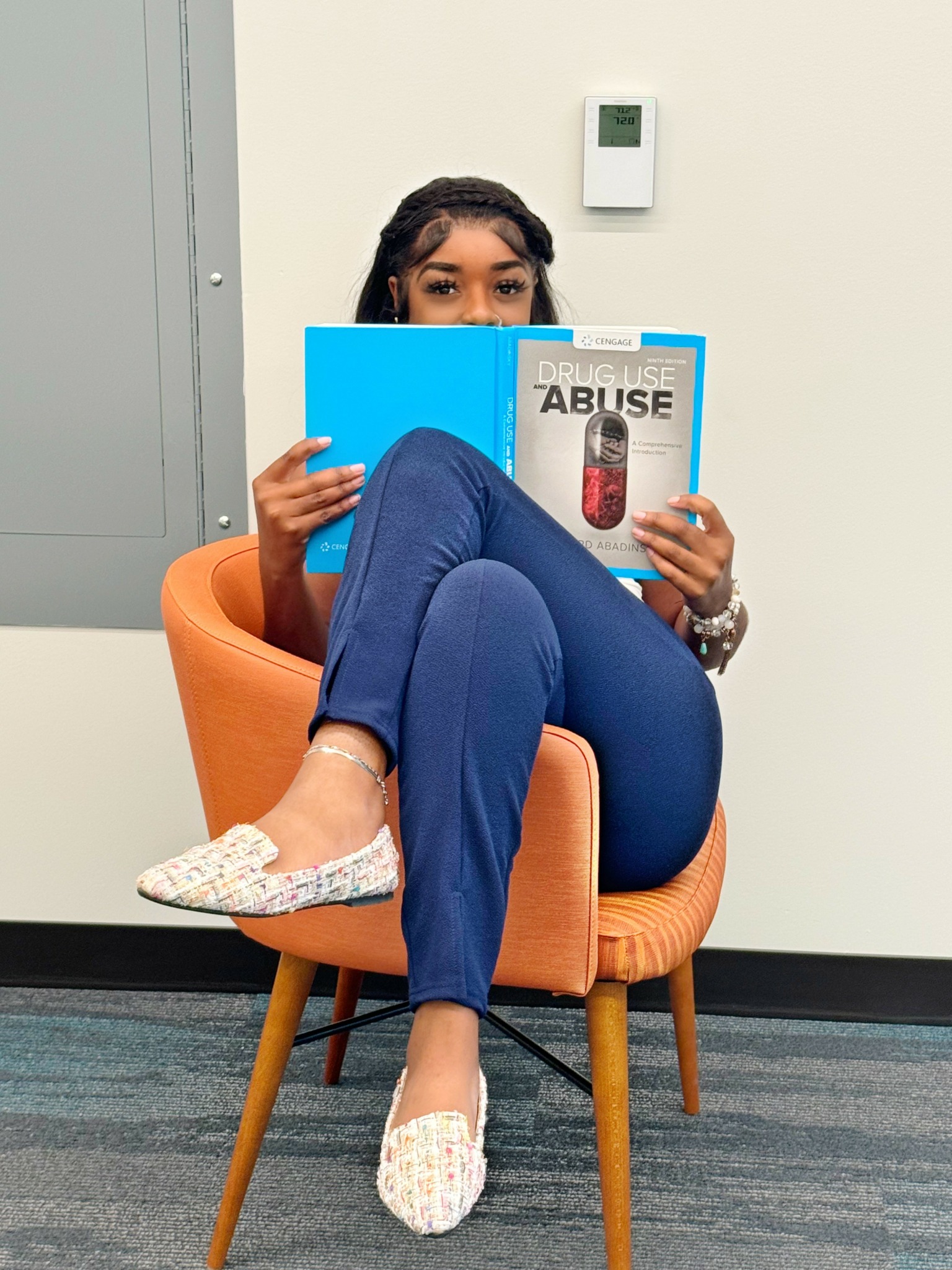
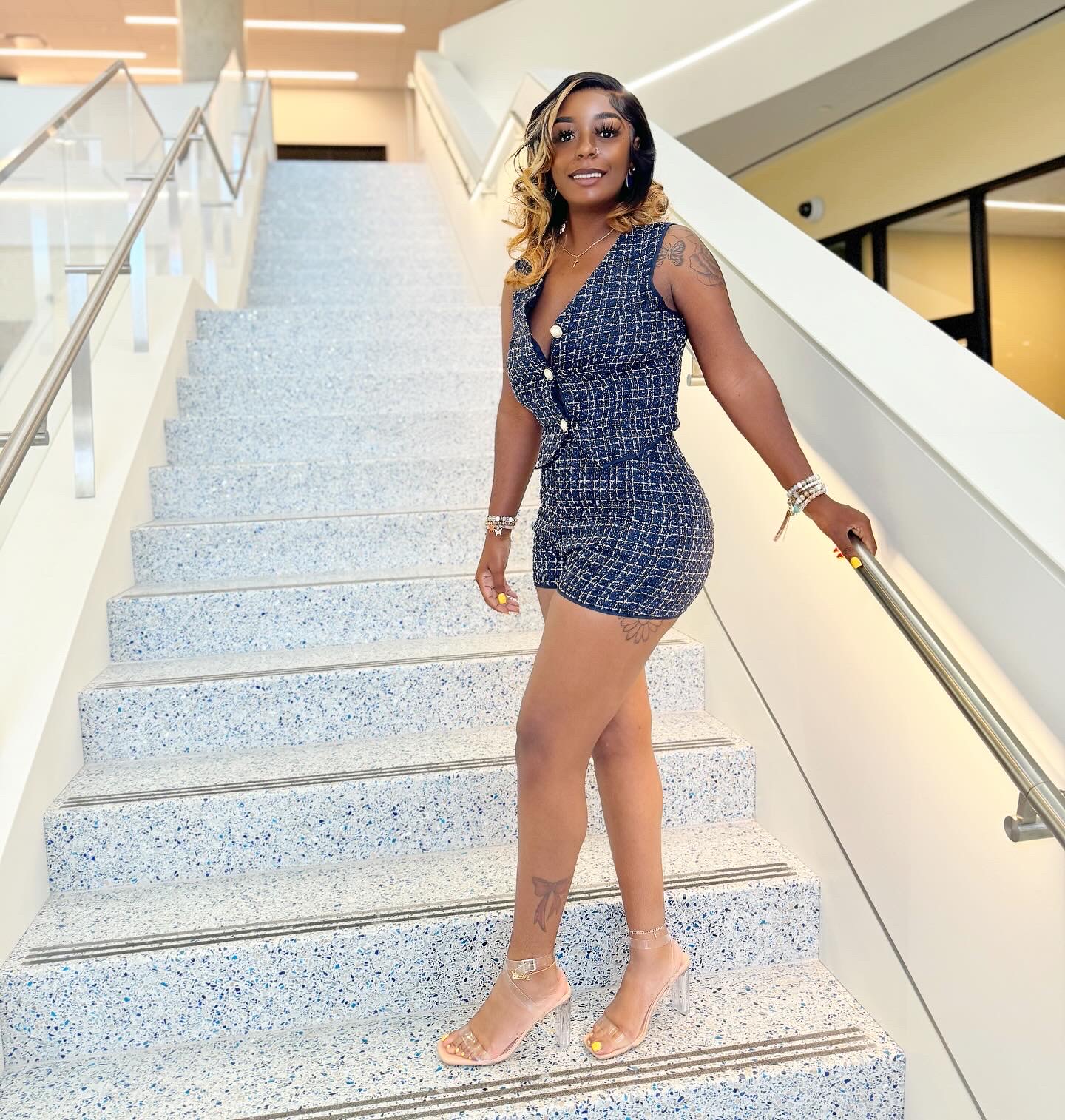
Image Credits
Morgan Social Work behavioral health substance abuse training.
Me presenting my research on incarcerated BIPOC individuals and mental health disorders in facilities.


